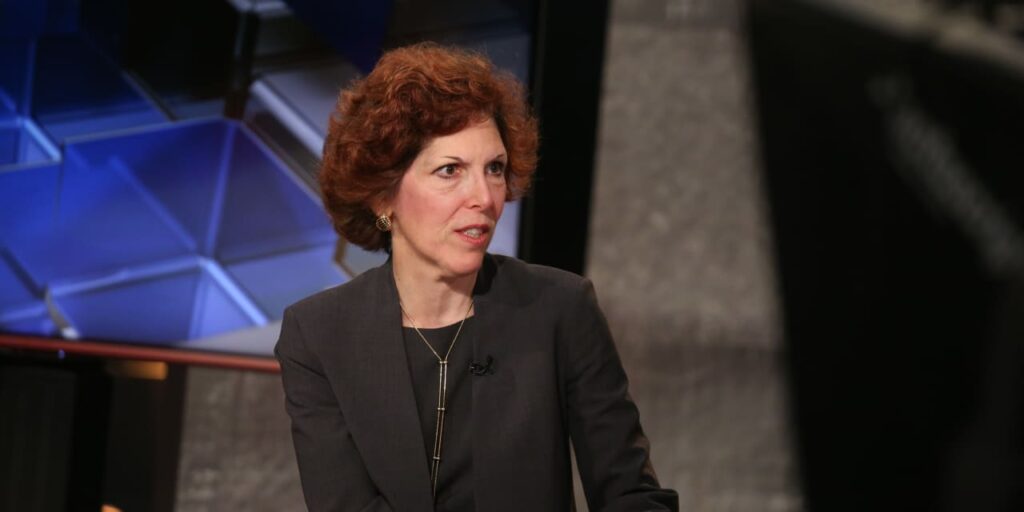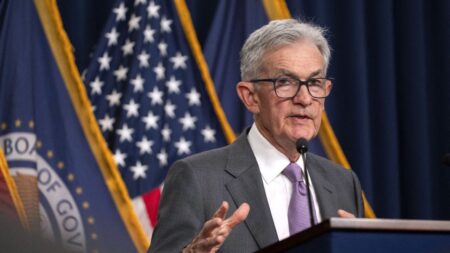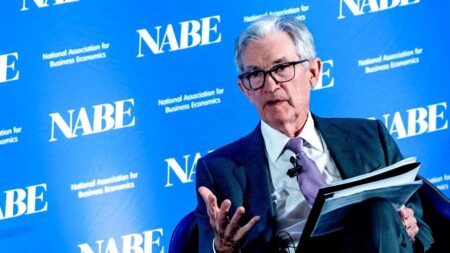Cutting interest rates too soon would risk some of the progress seen on reducing inflation and might cause interest-rate policy to reverse course, Cleveland Federal Reserve President Loretta Mester said Tuesday.
“It would be a mistake to move rates down too soon or too quickly without sufficient evidence that inflation was on a sustainable and timely path back to 2%,” Mester said, in a speech to the Ohio Bankers League meeting in Columbus.
“Doing so would undermine all the good work that has gone into getting inflation to this point,” she said.
Inflation, as measured by the Fed’s favorite personal consumption expenditure price index, has fallen to a 2.6% annual rate in December, down from a 5.4% rate in the same month one year ago.
The Fed’s policy statement said that officials don’t expect it will be appropriate to cut interest rates until they have greater confidence that inflation is moving down on a sustainable basis to the central bank’s 2% target.
Mester said that, if the economy evolves as expected, she thinks the Fed “will gain that confidence later this year, and then we can begin moving rates down.”
In her remarks, she did not put a more precise calendar date on this timing.
Mester is a voting member of the Fed’s interest-rate committee this year. She has announced that she will leave her post in June when her term ends.
Mester has been one of the most hawkish Fed officials since becoming Cleveland Fed president in 2014.
In her speech, Mester said it was wise to be cautious about assuming that last year’s rapid improvement in inflation would continue as the price level drops closer to the Fed’s 2% target.
Help from the supply-side of the economy –improved supply chains and the pool of available workers — might not be as strong as seen last year, she said.
The Cleveland Fed president said she expects economic growth to moderate this year and for inflation to come down. Household spending will likely moderate in 2024. At the same time, consumers are getting more price-sensitive.
One way to look at Fed policy this year was through a risk-management lens, Mester said.
Moving too soon might lead to higher inflation, while holding rates too long might risk damaging the labor market.
U.S. stocks
DJIA
SPX
were slightly higher in morning trading on Tuesday while the 10-year Treasury yield
BX:TMUBMUSD10Y
fell five basis points to 4.11%.
Read the full article here








